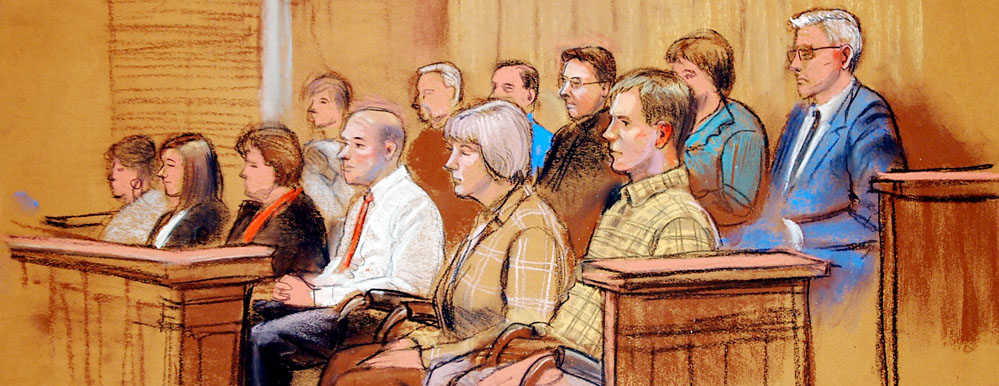Mussio Goodman LLP Wins Again in the British Columbia Court of Appeal
Posted on by Mussio Goodman
Mussio Goodman LLP is proud to announce a successful appeal by lawyers Karol Suprynowicz and Brian Alcaide of a ruling with respect to our client’s entitlement to her stepmother’s estate. This decision was featured in the Take Five BCCA Case Summary Digest.
The exact limits of the Court’s curative power under s. 58 of the WESA, in allowing records, documents or writings that contain a Deceased’s fixed and final intention to have testamentary effect, despite falling short of WESA’s formalities under s. 37, have been stretched and put to the test since becoming law on March 31, 2014.
The facts of Paige v. Noel, 2025 BCCA 358 are striking because of how the chambers judge in Kissel Estate (Re), 2025 BCSC 260 was willing to stretch the application of this curative provision to text messages exchanged between the Deceased and her appointed executor.
Text messages have traditionally been viewed as a medium for casual communication between individuals, which prior to 2014 ran contrary to the rigid methods of execution required to ensure the validity of a will.
The chambers judge initially found that this informal method of communication was enough for the curative provisions of WESA to kick in and disinherit our client, the Deceased’s stepdaughter, from her share of 50% of the residue of the Estate.
The chambers judge held that the words “Jennifer is out” communicated by the Deceased to her executor by text message, along with extrinsic evidence of her limited engagement with legal professionals and a falling out between her and her stepdaughter, were enough to represent her fixed and final intention to disinherit our client.
Importantly, the Deceased explicitly communicated to her executor via email that “the current will that you have will stand until I get a new one”.
While the chambers judge was focused on the Deceased’s intended disinheritance, she failed to take into account the Deceased’s awareness and respect for the formal process of executing a new will. In other words, although she expressed an intention to leave her stepdaughter out of her new will at one point, she clearly expressed her desire for her will to stand until a new one was executed.
A key consideration applied by the Court of Appeal was the “further departure” principle: “the further a document departs from formal requirements, the harder it is for a court to find it represents a Deceased’s testamentary intention” – Estate of Young, 2015 BCSC 182.
The Court of Appeal’s characterization of text messages and how they should be treated in the context of fixed and final intention was aptly summarized in para. 43 of the judgment:
“Here, had the deceased’s communications with Michelle on October 6 and 15, 2022 taken place by telephone or in person, no application under s. 58 would be possible. The fact that these communications were recorded in an electronic record does not transform a casual conversation into a legally operative testamentary record unless the content of that conversation demonstrates a fixed and final intention to effect a testamentary disposition.”
The Court of Appeal held that although the chambers correctly identified the principles relevant in making a s. 58 determination, it was her application of those principles that revealed a fundamental misconception of the meaning of “fixed and final intention” in the context of the Court’s curative powers.
The Court of Appeal discusses how the chambers judge appears to have considered a fixed and final intention to be equivalent to an unwavering stated intention rather than an intention that the document represents the testamentary intention of the Deceased at the material time.
The Respondent argued unsuccessfully that s. 58 does not require an intention that the document itself be testamentary. At para. 48 the Court of Appeal applied the modern approach of statutory interpretation to the words of s. 58(2) and determined that the document itself needs to reflect the Deceased’s fixed and final testamentary intention. Otherwise, there would be no basis on which the document could be admitted into probate.
The Court held that the Deceased’s intention could not be considered fixed and final because it was clear that she intended to effect any alteration by making a new will, and until she did so, the 2014 will was to remain operative.
Ultimately, the Court of Appeal unanimously ruled that the chambers judge made a palpable and overriding error by failing to conclude that the Deceased intended the old will to stand until a new will was carried out, which in turn ensured our client’s entitlement to her 50% share of the estate as expressed in the old will.



